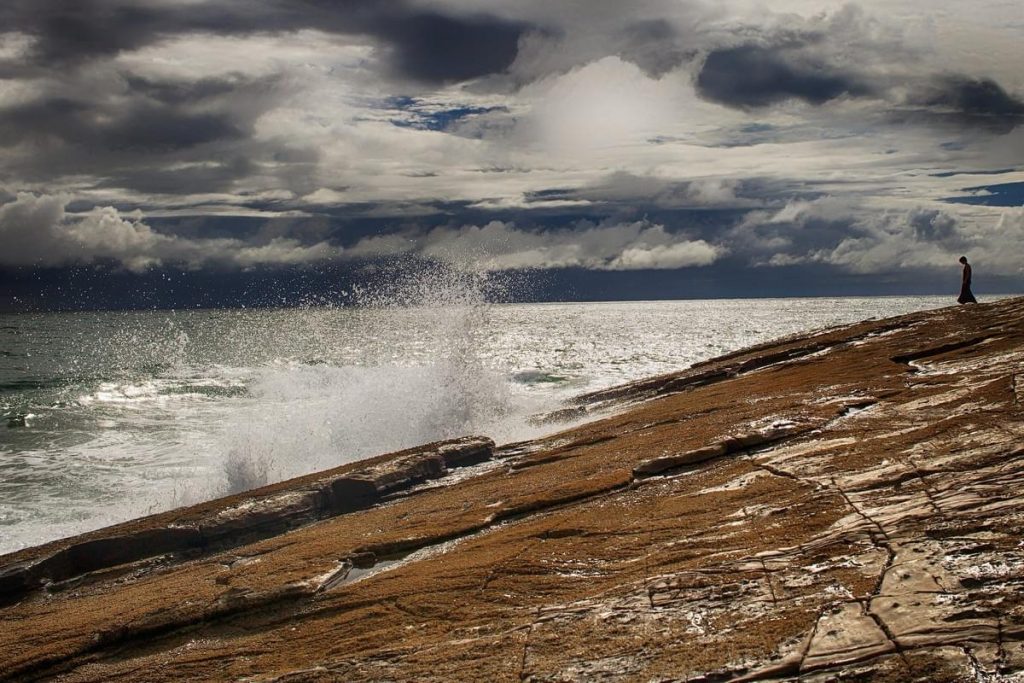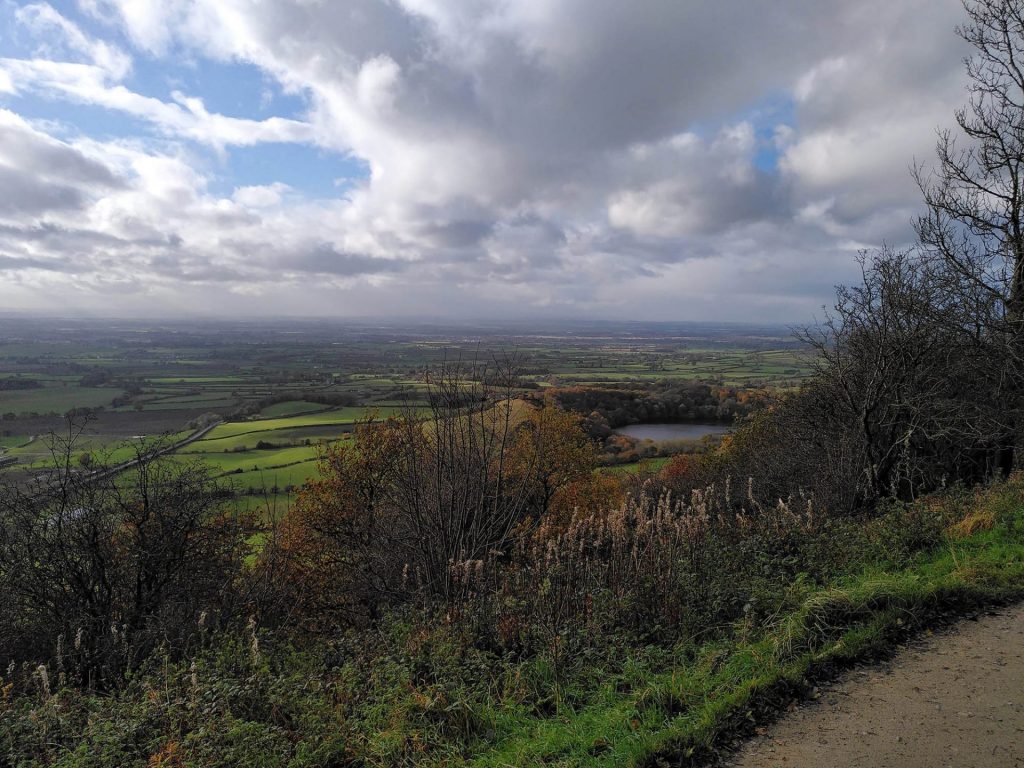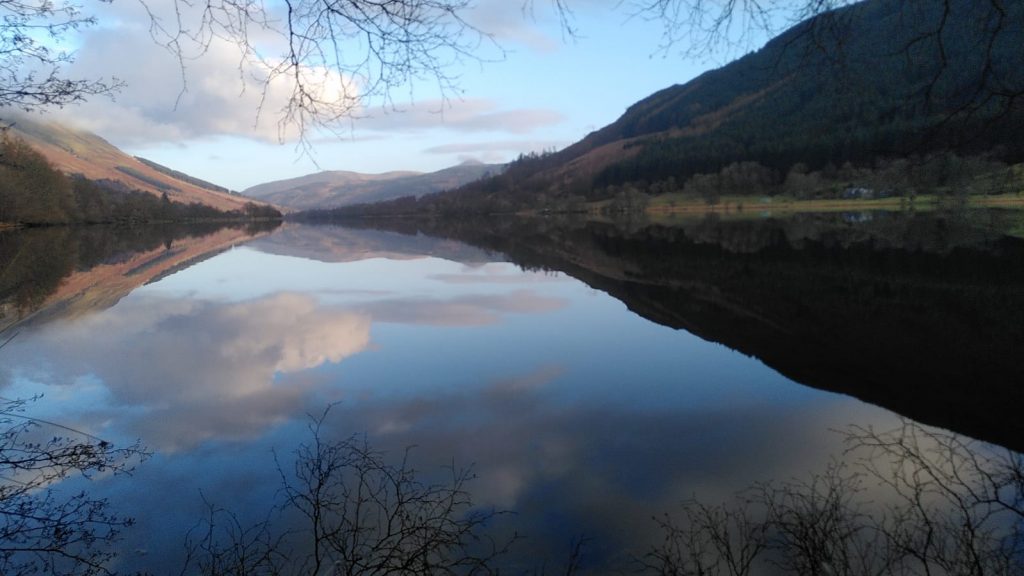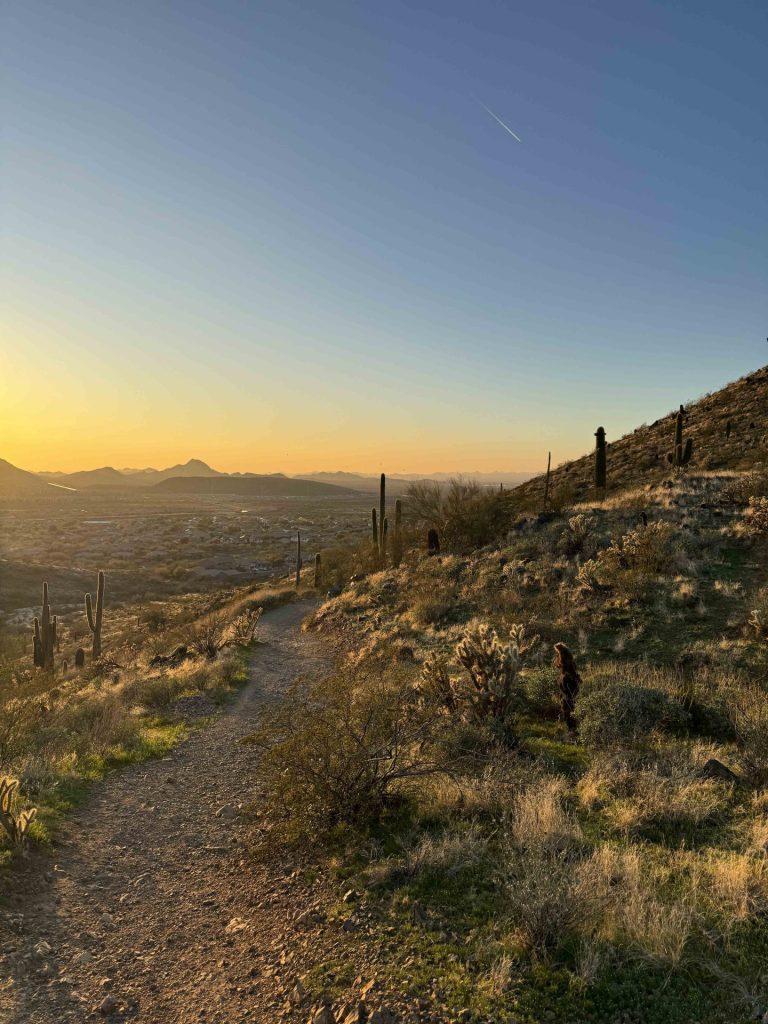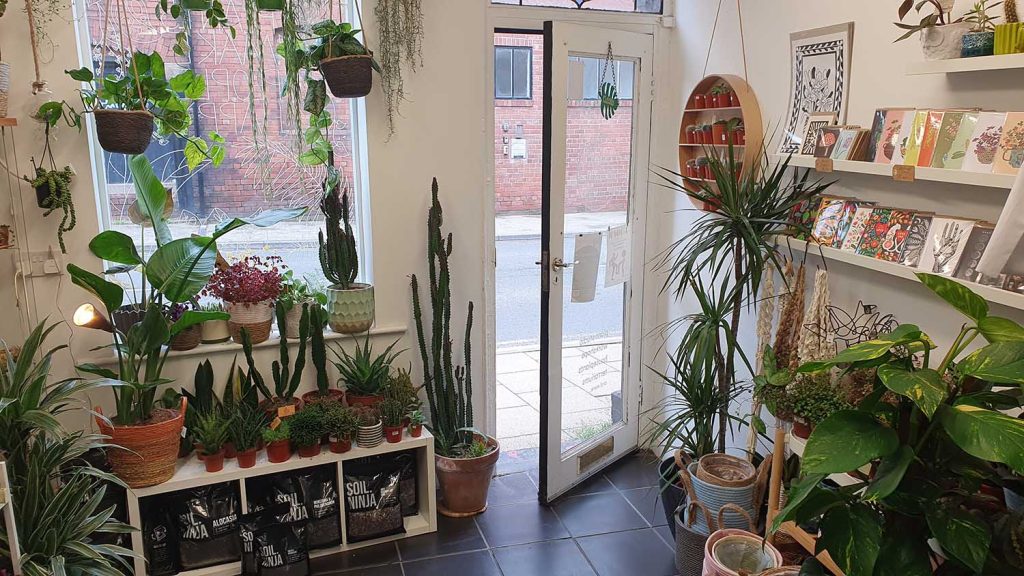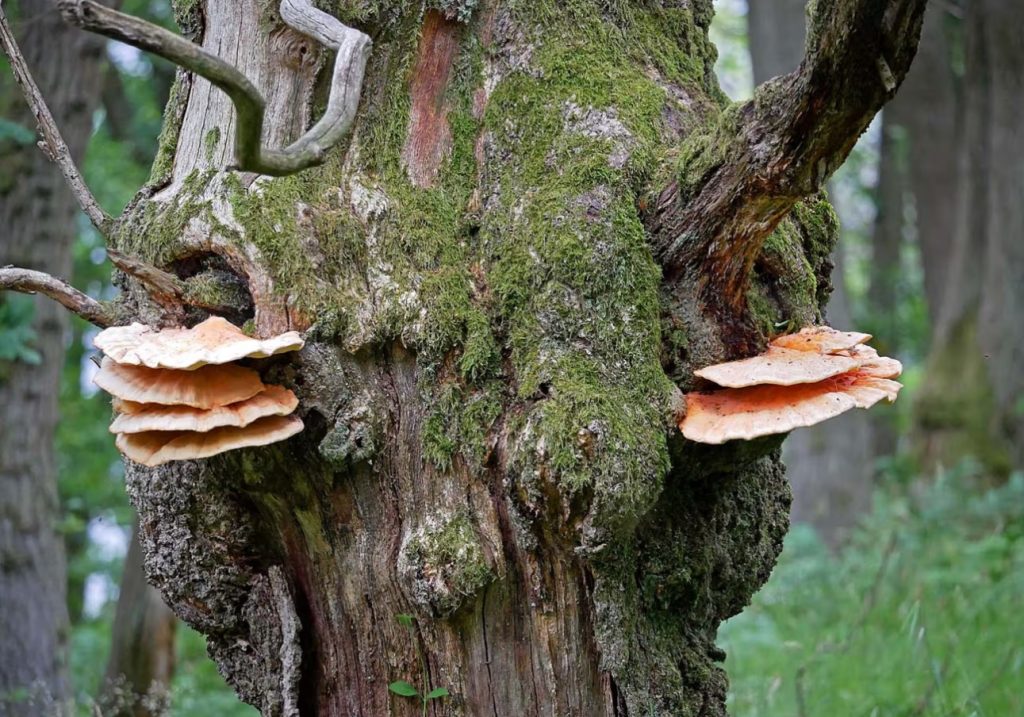Lighting the way in a lockdown
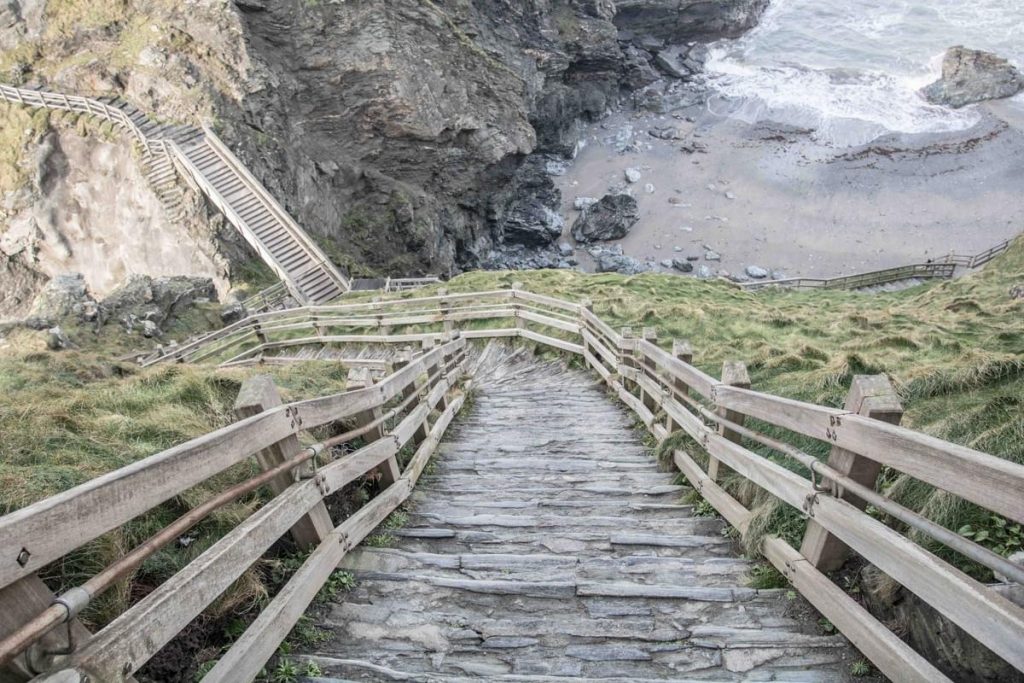
I’ve just finished The Future We Choose – a book from the combined effort of Christiana Figueres and Tom Rivett-Carnac, key figures who made the 2015 Paris agreement happen.
Purchased in an indie bookstore I’d heard about years before, Mr B’s Emporium in Bath, I picked this book up after noticing Christiana’s media appearances before Covid-19 thwarted things. I’d been curious to learn Figueres’ thoughts as we reached the 5 year mark since the Paris Agreement was made; 2020 is the year nations were set to report back on targets they had set 5 years ago and ratchet those targets up.
Learning about the finer details of how the Paris Agreement came about were particularly interesting to me. I was in Paris at the same time, arriving a few days after the terrorist attack. I’d heard about delays getting to the official venue but had not realised it was due to a bomb they’d found at the train station. I recall the day it was finally signed, we were hosting an event with indigenous leaders and Yeb Sano on Human Rights day as human rights were removed from the official pre-text.
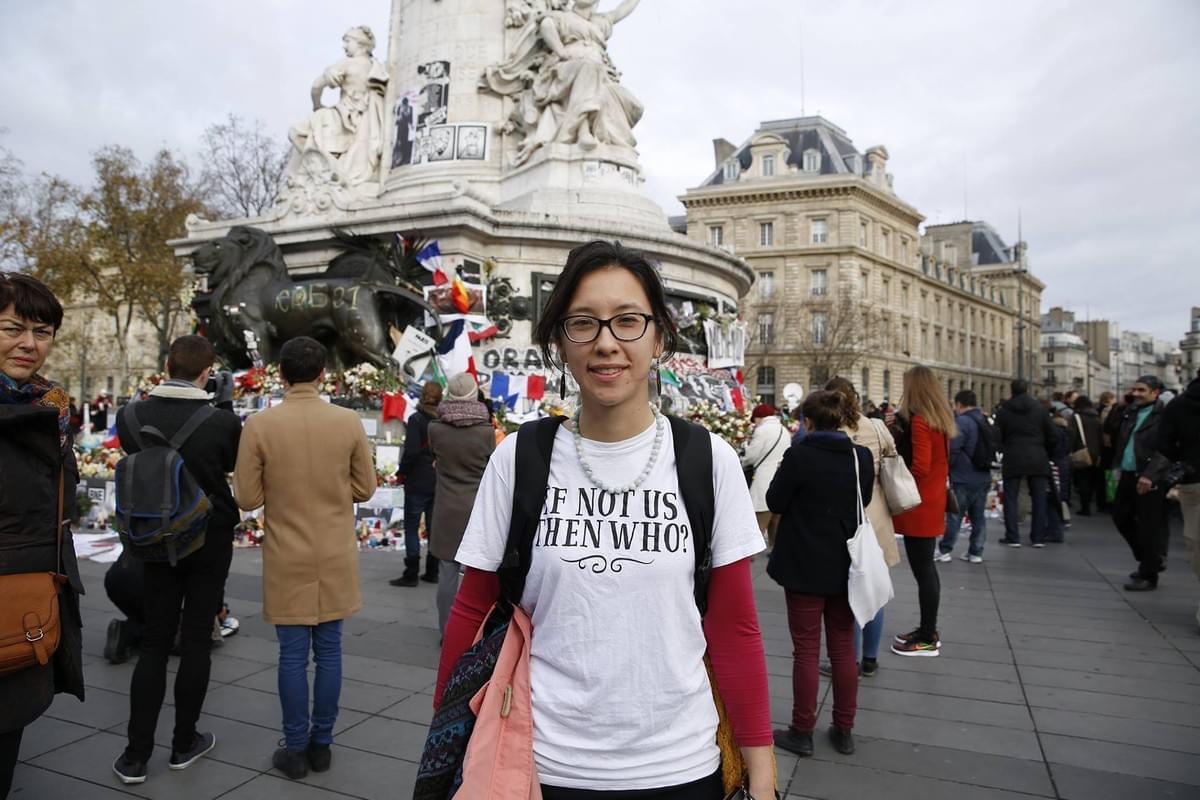
Me in 2015. Paris.
Despite knowing the agreement had flaws and were not legally binding, there was still a whiff of hope in the air. Finally nations were collaborating on climate change.
2015 seems like a lifetime ago. (Right now 2019 seems like a lifetime ago) Climate disasters continued to happen, the US started the process of removing themselves from the Paris Agreement under Trump and still carbon emissions continued to rise year on year. I would like to be a fly on the wall listening in to what Christiana feels five years on. And since there will be no COP in 2020 – I guess her book is as close as I am likely to get.
“When the story changes, everything changes”
I’ve made ‘imagination’ a theme this year – ever since seeing Rob Hopkins on a cold January night so I was immediately drawn to this title, The Future We Choose.
We are projected down two possible future scenarios, one where we continue business as usual for a few more desperate years before tipping points are crossed and we are on the precipice of a very unstable climate. Note this isn’t a projection into the long distant future, this is 2050. I’m hoping to be 63 then. I stopped reading at “Diseases such as malaria, dengue fever, cholera, respiratory illnesses and malnutrition are rampant.” We were on day 2 of lockdown here in the UK from Covid-19 and it cut a little too close to the bone.
A week or so later I came back to it, pushing past “developed countries seek to seal their borders from mass migration” and “lockdown is the goal but it hasn’t been a total success.”
And I’m glad I did.
In a positive future, 2050 – where we’ve successfully reduced our carbon emissions in half every decade from now – seems like a pretty decent place to be. “The air is fresh and moist”… (Aside: does the air seem different to any of you at the moment? Is that because road traffic is down to 1950s levels or is my mind playing tricks on me?) And trees are everywhere. With car ownership a thing of the past and public transport clean and green, we’ve repurposed the roads and turned them into spaces to grow food and plant more vegetation among young forests.
And eerily enough the good path was reminiscent of the consequences of lockdown too:
“At first you resisted this togetherness – you were used to doing things individually in the privacy of your own home. But pretty quickly the camaraderie and unexpected new network of support started to feel good, something to be prized. For most people, the new way has turned out to be a better recipe for happiness.”
Life is more local, we’re working from home more (!) – but working less, we’re all growing some of our own food and we’re healthier for it, finally managing to wean ourselves off so much meat and dairy. And I particularly liked the view of future travel, “because work can be done from anywhere, people save and plan for ‘slow-cations’ international trips that last weeks or months instead of days.”
It’s not a utopia though. We still have to deal with the consequences of releasing so much carbon, glaciers are still melting and the sea is still rising, the book warns. Dramatic weather events do still occur and drought still leads to resource degradation and refugee migration – but nations who historically emitted the highest amounts of carbon (ahem *the UK*) took on the responsibility yet “nations still flirt with fascism for an election cycle or two.”
I relished in thinking what my place in this world might be. What my Sunday afternoon might look like?
This invitation to be part of a future I want to be in is compelling. I’m drawn to the idea of re-writing the story, especially poignant during the self-titled “The Great Pause of Covid-19“.
Mindset shift
The next part of the book was unexpected for me. I thought we’d be staying with the high lofty policy goals or the mechanisms needed at a global level to get us to this future. No, no, we went to Buddha and our mindset. Turns out co-author Rivett-Carnac is a former monk.
Now Christiana and Tom were talking to you, directly.
“The most powerful thing you can do is change how you behave in that landscape, using yourself as a catalyst for overall change… And the most important thing we can bring is our state of mind.”
I really liked the linking of systems change and individual change in a way I’d not heard before;
“Paradoxically, systemic change is a deeply personal endeavour. Our social and economic structures are a product of our way of thinking.”
They invite us to adopt 3 mindsets; stubborn optimism, endless abundance and radical regeneration, laced with a powerful, energising call to arms:
“When you are faced with hard realities, look at them with clarity, but also know that you are incredibly lucky to be alive at a time when you can make a transformative difference to the future of all life on Earth.
You are not powerless. In fact, your every action is suffused with meaning, and you are part of the greatest chapter of human achievement in history.”
“The practice of abundance starts by shifting our minds away from perceived scarcity to what we can collectively make abundant.”
“Amid the current crisis, we each have an urgent responsibility to replenish ourselves and protect ourselves from breaking down.”
Are you sufficiently stirred?
10 actions to take
The duo crank up the gears by part three so readers are ready to take action. The ten actions offered are broken down making them more tangible. What I particularly enjoyed is their richness and breadth; this isn’t just a list for the climate activist but the social justice activist and the political activist as well. And broader still, it’s a framework for the psychotherapist, the economist, and the technologist too. It’s a list for those with big pensions and C suite titles, to students and grandparents. Tangible actions to start today right up to challenging systems and the conceptual “free your mind.”
“This is an everyone-everywhere mission in which we all must individually and collectively assume responsibility.”
1 – Let go of the old world
2 – Face your grief but hold a vision of the future
3 – Defend the truth
4 – See yourself as a citizen – not as a consumer
5 – Move beyond fossil fuels
6 – Reforest the earth
7 – Invest in a clean economy
8 – Use technology responsibly
9 – Build gender equality
10 – Engage in politics
Of all these actions mentioned here, letting go of the old world and building in gender equality really stood out for me.
Let go of the old world
“Now is the time for us to thank fossil fuels, retire them and move on.” Not to reduce it down to a blame game, nor get nostalgic about a past that wasn’t fair for so many people. Kinda like what you’d hope a good breakup would be.
Build in gender equality
“We will be able to manage climate change better if we can improve the ratio of women making the decisions about how to do it. It’s time to either become one of those decision-makers or support women you know to become one.”
This one hit deep, a quiet voice inside whispers my possible potential. Maybe this time I’ll heed the call.
It’s so clear to me that this book is written by people who have spent years massaging egos of the old world, validating their concerns then patiently yet earnestly bringing them round to a new story, powerful enough that they all want a stake in it.
We are presented with the world as it is now, good for some, bad for a lot of people who are often sidelined. The latest science is presented, we’re invited to feel angry and frustrated. But the intention is clear from page five: “Anger that sinks into despair is powerless to make change. Anger that evolves into conviction is unstoppable.“
We are presented with a choice, like all great heroes in Act 2. Or Neo’s choice in the Matrix. It’s a slightly loaded choice but when we the hero have made it, the path to get there is illuminated for us. Distractions and baddies threaten to throw us off course – but it’s possible we can rise to the challenge and come out a better person for it.
What I’ve not seen before is a timeline. Campaign books often end with a strong call to action (the good one’s I’ve read anyway) but Figueres and Rivett-Carnac break it down for us. What we will do now, right now after finishing the book. (Spoiler: it’s to take a deep breath), then what we will do tomorrow (not the figurative tomorrow), this week, this month and this year. A bit like the ratcheting mechanism in the Paris Agreement, we are challenged to up our actions over time. From making commitments to who we vote for, to increasingly cutting down on our own emissions (see a post I wrote about a ratcheting personal carbon tax here). Right up to actions through to 2030 and 2050.
This is a blueprint for a newly concerned citizen. Because, “impossible is not a fact. It is an attitude.”
This is exactly what I needed, at the time I needed it. This lockdown has me a bit lost about how to be most useful, climate crisis has slipped down concerns as coronavirus hits us hard. A bit like the last election this is not my usual territory; I’m part of a neighbourhood WhatsApp group but mostly I’ve just loitered, I’m a NHS volunteer but can’t quite get the app to work yet.
Thank you Christiana Figueres for illuminating the right next step.
I’m in.
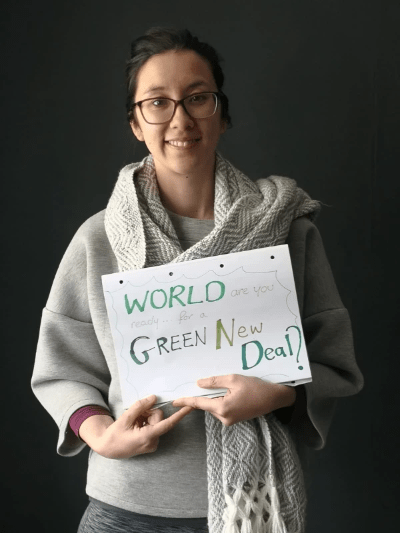
Me in 2020. My front room.
My immediate actions on completion of this book
- Reconnect with my local Green New Deal UK folks after last week’s training. Time to get this puppy moving. ✅
- Speak to my local XR group on the process of regularly contacting my MP then contact her at least monthly from April onwards
- Continue to offer my climate-related workshops online, including EcoMentor
- See if there’s anyone in my network that has finished this book and strike up a conversation about it
- Share the fact that a few of us have started a little Climate Fiction for beginners hour, a safe space to get creative with the climate solutions that already exist and trying to write from a view point as though they were already so. It’s hard, cynicism is easy – but it’s also lazy. A few of us are daring to imagine more positively. Right now, this feels like important work. Last Sunday of the month online, send me an email if you’d like to join ([email protected])
“A compelling vision is like a hook in the future. It connects you to the pockets of possibility that are emerging and helps you pull them into the present. Hold on to that. Stay firmly fixed to a vision of a world you know is possible. This act is radical resistance to the belief that solving our problems is beyond us.”
22 April 2020: Christiana Figueres on Channel 4 news: https://www.channel4.com/news/improvement-in-natural-conditions-should-not-come-at-the-expense-of-human-lives-christiana-figueres?.
Thank you to Sarah for sharing this link with me.
